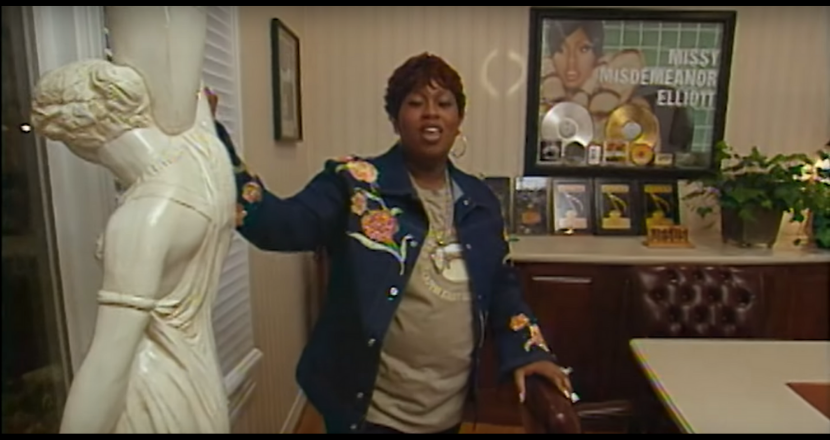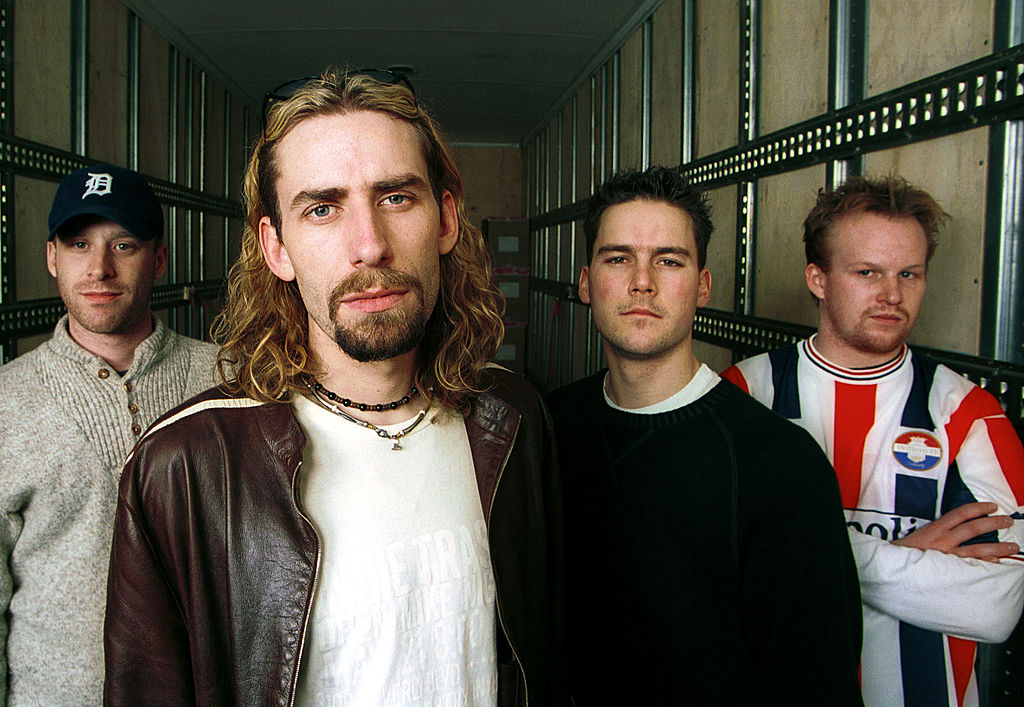
'American Idiot': The Story of Green Day's Most Ambitious Album
In the fall of 2004, Green Day released their seventh studio album, the band’s most successful effort since 1994’s Dookie and – perhaps more surprisingly – their first to inspire a Broadway musical.
Produced by Rob Cavallo with the band, American Idiot was recorded jointly at Studio 880 in Oakland, California and Ocean way Recording in Hollywood between April 2003 and March 2004. Described by the band members as a “punk rock opera,” the concept revolved around the so-called Jesus of Suburbia, a lower-middle-class kid who’s less a hero than an anti-hero, as he deals with the depression about and disillusionment with his generation. (The album's undertones struck a huge chord with teens and young voters only weeks before a failed attempt to vote President George W. Bush out of office.) It’s an epic affair, one filled with thirteen tracks, two of which – “Jesus of Suburbia” and “Homecoming” – have five sections to them, spanning more than nine minutes apiece.
Ironically, this expansion of the band’s artistic vision arrived at a time when they were seemingly on the verge of falling apart. Indeed, lead singer/guitarist Billie Joe Armstrong actually called bassist Mike Dirnt and asked him outright, “Do you wanna do [the band] anymore?” (Initially, the trio nearly completed a quick-fire follow-up to their most recent album Warning (2000), but the album – titled Cigarettes and Valentines – was mysteriously stolen in the studio.) But things turned around when they began having weekly personal discussions, which helped restrengthen the bond between them, and Armstrong agreed to more willingly accept musical input from Dirnt and drummer Tre Cool.
"It started getting more serious as we tried to outdo one another,” Armstrong told Entertainment Weekly at the time. “We kept connecting these little half-minute bits until we had something." That’s what led to such aforementioned “song suites” as “Homecoming” and “Jesus of Suburbia,” and after Armstrong wrote “American Idiot,” that’s when the band adjusted their musical aim and decided to put together something more ambitious...like, say, a “punk rock opera.”
And then there’s the album’s best-known track: “Boulevard of Broken Dreams.” The rock/ballad hybrid appears on the album interconnected with the song “Holiday,” but it was broken apart and released independently as a single. Mind you, as fine a song as “Holiday” might be, it was definitely the right decision to leave it on the sidelines in this instance, as “Boulevard” hit No. 5 in the UK, No. 2 on the Billboard Hot 100 (still the band's highest-charting single).
That said, the one-two punch of “Holiday” and “Boulevard of Broken Dreams” actually sort of paid off for Green Day in the long run: the band made videos for both songs, maintaining a single storyline between the two of them, with the final few songs of “Holiday” kicking off the “Boulevard” video.
The album also featured another smash hit in "Wake Me Up When September Ends." A contemplative track inspired by the death of Armstrong's father, the song followed "Boulevard" and "Holiday" into the Hot 100, resting at No. 6.
READ MORE: August 2004: Green Day Releases "Wake Me Up When September Ends"
In the end, American Idiot ended up going platinum six times over, and that’s just in America alone: beyond the U.S., it also topped the charts in Australia, Canada, Sweden, and the U.K., and it was a huge hit in numerous other countries as well. The album earned the group their second and third Grammy Awards: one for Best Rock Album, and a Record of the Year trophy for "Boulevard of Broken Dreams." And, in a sign of crossover success that virtually no one could match, a musical adaptation of American Idiot ran for just over a year, winning two Tony Awards and featuring guest appearances from Melissa Etheridge, AFI's Davey Havok and even Armstrong himself.
Mind you, it’s not entirely impossible that the reason it was so beloved was actually because it was criticizing America...but, hey, success is success!




